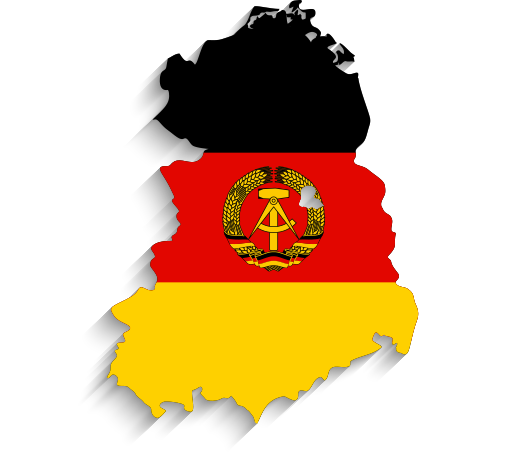(Grant Agreement n. 669194)
(Berlin, 3/7/1932 - Rottach-Egern, 21/6/2015)
Head - Commercial Coordination division (1966-1989)Member - Working Group Balance of Payments (1976-1989)
Member - Extended "Small Circle" (1976-1989)

Alexander Schalck-Golodkowski was the most enigmatic figure of the East German economic elite. As the founding father and head of the Commercial Coordination division (Bereich Kommerzielle Koordinierung or KoKo), he presided over a sector that acted outside the planned East German economy to secure the survival of the costly policy concept of “Unity of Economic and Social Policy” by creating additional foreign currency revenues. Formally, KoKo was part of the Ministry of Foreign Trade, in fact it was closely connected with the Ministry of State Security (for which Schalck-Golodkowski served as officer on special mission) and under direct control of Günter Mittag and Erich Honecker. At times more than 40 per cent of the East German foreign trade with the West was organized as unplanned trade and executed by KoKo. Especially Intra-German trade and several other commercial and non-commercial dealings with West Germany came increasingly under Schalck-Golodkowski’s control. While he became one of the main actors in this field of relations to the West, he remained a “man of action” and did not engage in any general debate about East German relations to the West. His major concern was just, that the conditions of Inner-German trade remained unchanged, whatever else was agreed upon with the EEC. In 1982, Schalck-Golodkowski became the main responsible for the financial emergency policy of the GDR. The foreign currency revenue created by KoKo played a crucial role in avoiding bankruptcy in the early 1980s, but, in the end, being part of the same economic system, it also contributed to further indebtment.
|
As head of the Department (XVIII) of the Ministry of State Security he oversaw the work of experts like Horst Roigk and forwarded it to his superiors. His department provided unfiltered expertise on the East German economy and advocated to red... |
|
Günter Mittag was the economic mastermind of the Socialist Unity Party of Germany. Within the provisions set by Erich Honecker he executed control over the East German economy. He served as Secretary of the Central Committee for Economics... |
|
The head of the East German Ministry of State Security naturally had an in-depth knowledge about the overall situation in the GDR – also regarding economics. Mielke had a close relationship to Erich Honecker and they exchanged their view... |
|
While the Minister of Foreign Trade, Horst Sölle, was a rather colorless person in the GDR’s Western Trade, State Secretary and later Deputy Minister Gerhard Beil executed a great deal of the ministerial day-to day business. He was ... |
|
As Secretary General of the Socialist Unity Party of Germany Erich Honecker shaped the East German economic and foreign policy most. It was him who took the final decisions. By introducing and pursuing the concept of “Unity of Economic a... |
|
As Deputy Minister of Finance, Herta König had first-hand knowledge of the financial situation of the GDR. During the years of the debt crisis, she worked in close collaboration with Alexander Schalck-Golodkowski on the balance of payment... |
